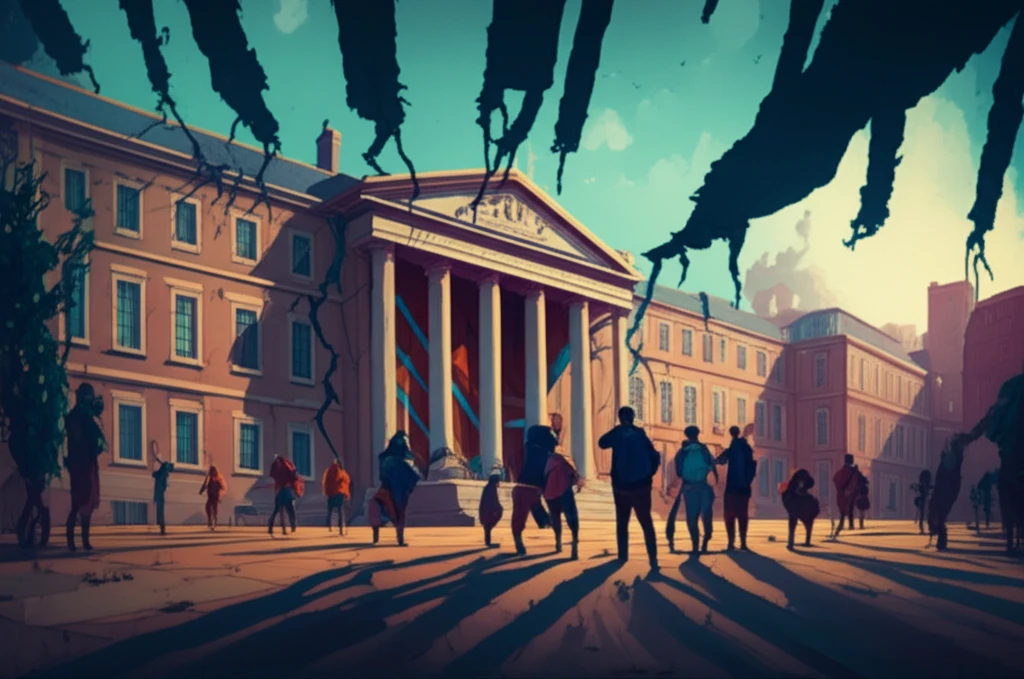
Academic Freedom Under Fire: How Political Extremism Threatens Universities
"A look at the growing threats to academic independence in Europe and the importance of safeguarding intellectual freedom."
For decades, the Council for At-Risk Academics (CARA) has offered sanctuary to scholars fleeing conflict and persecution. Founded in 1933 by William Beveridge and Ernest Rutherford, CARA has aided countless academics, from biochemist Hans Krebs to philosopher Karl Popper, helping them escape oppression and continue their work in safety.
Organizations like CARA thrive where governments respect the cornerstones of democracy: the rule of law, a free press, and academic freedom. However, these principles are under threat in many nations, particularly within Europe, as right-wing political movements gain power and influence.
The rise of extreme right-wing parties poses a significant danger to academic freedom. Universities, historically bastions of critical thinking and free inquiry, are increasingly becoming targets of political interference. Understanding the scope of this threat is crucial to protecting the integrity of higher education and the principles it upholds.
The Growing Threat of Political Interference

Across the European Union, right-wing parties have gained considerable ground over the past two decades. Once on the fringes of politics, these parties now hold governing coalitions in 10 of the EU's 28 member states. This shift in the political landscape has dire implications for academic institutions.
- Direct State Control: Universities are increasingly subjected to direct oversight and control by the government.
- Loyalty Tests: Academic staff are often forced to undergo loyalty tests, compromising their intellectual independence.
- Suppression of Dissent: Any form of dissent or criticism is swiftly quashed, creating an environment of fear and self-censorship.
A Call to Action
As Michael Ignatieff, rector of the Central European University, observed, the true danger lies in the kind of nation that nationalists seek to create and the means they employ to achieve their ends. While Ignatieff remains optimistic about the future, emphasizing the resilience of universities, it is imperative for academics and concerned citizens to remain vigilant. By speaking out against injustice and defending academic freedom, we can help safeguard the values of free inquiry and critical thought. Academics everywhere must unite to ensure that universities remain beacons of intellectual freedom, undeterred by political interference.
